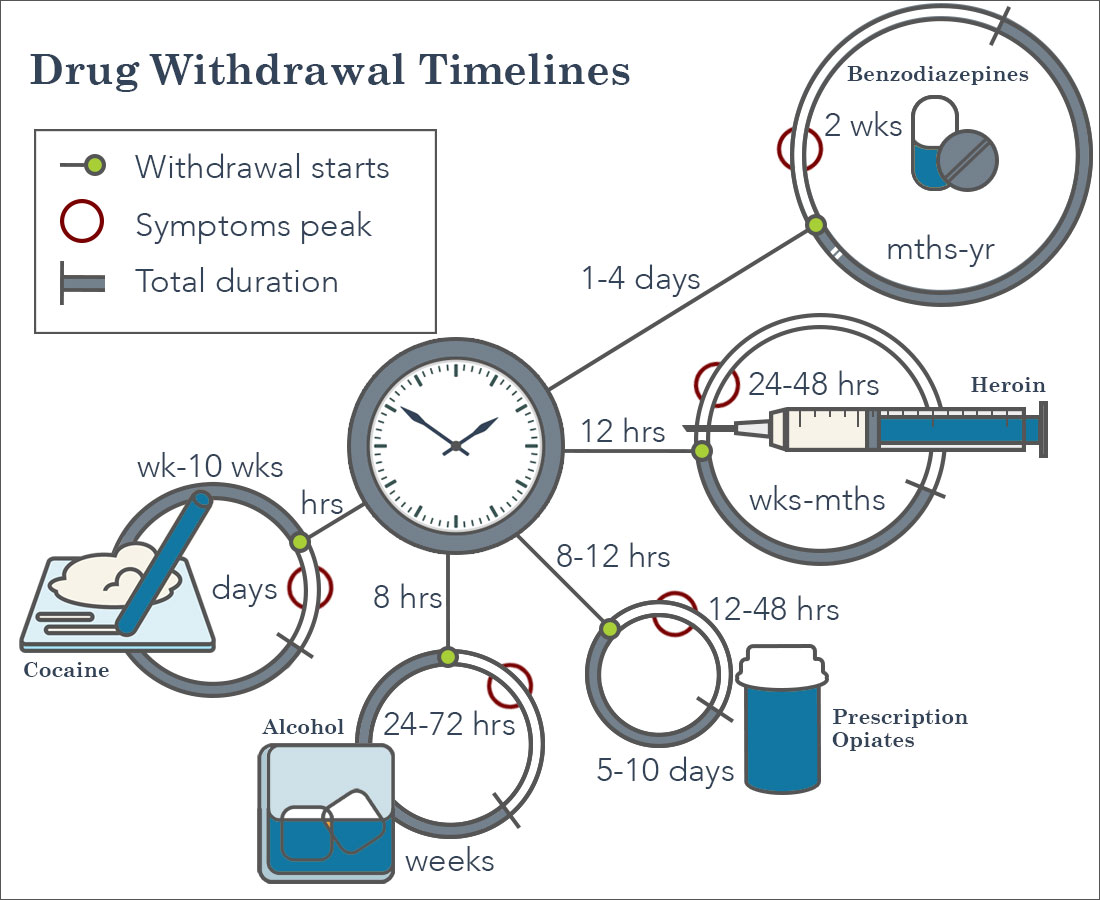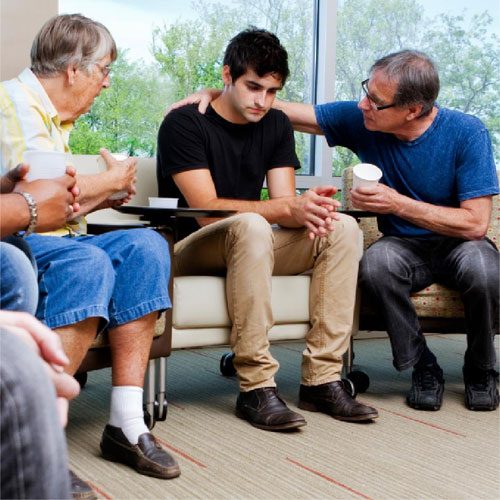There are majorly 4 types of detox available to reach the primary stage of sober living. Each detox has its own pros and cons. So, anyone looking to recover from serious drug addiction should first go through these available options. After complete understanding, you should decide on a treatment option.
Let’s have a look at the different types available.
1) Cold Turkey Detox / Social Detox / Non-Medical Detox
Also known as ‘Natural Detox’, the cold turkey detox is the simplest yet most dangerous and controversial type. In this detox method, the patient has to go through several stages of withdrawal while living in a private facility with little or no medical care. In this social detox method, patients are provided with psychological and emotional support by the professionals throughout the withdrawal process.
This drug detox method has the least chances of breaking through the initial acute withdrawal stages and several patients end up surrendering to drug use. The cost of this detox method is minimal to none. This method is safer for patients with mild opiate and marijuana addiction. But, medical complications may occur throughout withdrawal. Honestly, a non-medical or a social detox is not recommended to patients addicted to benzodiazepines, alcohol, barbiturates, and opioids because of humanitarian and safety concerns. Also, the chances of succeeding are less when compared to other options.
2) Medical Detox
In order to avoid and tackle complications, patients under medical detox are treated with medicines and medical treatment. At medical detox centers, a doctor or a nurse is appointed for the patient for 24 hours monitoring. These medical detox centers help the patients to slow down the usage of drugs gradually and reduce withdrawal symptoms.
This kind of detox method is for patients with repeated relapse. When trying to get clean again can at times develop a more severe withdrawal phase which lasts longer. This is also referred to as the Kindling Effect. Due to this, it becomes harder for people to get and stay clean. Medical detox centers deal with these issues with a professional touch in a safe and lenient environment.
3) Medicated Detox
Unlike Medical Detox, you are not given any replacement medication but you are provided with some non-addictive prescription medication. Such medication helps to respond to the detox symptoms. Here, the focus is much more on the medical aspect.
For example, a patient suffering from depression is given anti-depressant medicines. Thus, it makes the entire experience comfortable and easy to bear. This is typically done on an inpatient basis.
4) Inpatient Detox / Residential Detox
In an inpatient detox, the patient stays at the detox center on a residential basis receiving 24-hour care and supervision. Usually, inpatient detox is recommended for patients who have a high risk of relapse and other side effects. The patient in a residential detox receives proper medical care and support which is very important for a successful detox. The majority of detox options are inpatient.
5) Outpatient Detox
In rare cases, outpatient detox is recommended but it can be a good option for less severe cases of addiction. In outpatient treatment, patients are required to visit a clinic, a doctor or a drug detox center for receiving medical or physiological treatment. This detox method is perfect for people with financial issues or those who are engaged at work or home. Such people can join any outpatient detox program and receive adequate treatment.
6) Rapid Detox / Ultra Rapid Detox / Rapid Opiate Detox
Commonly called ultra rapid detox, rapid opiate detox is the fastest detoxification method done in a clinical setting. In this method, the patient is placed under a general anesthetic. Medications are then intravenously given so as to accelerate the withdrawal process. The entire procedure is monitored by the medical staff and experts.
In rapid detox, the entire detoxification process gets completed within 4-6 hours. Then, the patient is kept under clinical observation for the next 24-48 hours. It is found that such programs effectively treat the addiction caused by heroin, opiates, and alcohol. It quickly eliminates the extremely painful and acute withdrawal symptoms like nausea, sweating, shaking, cravings, insomnia, cramping, anxiety, and depression.


 Drug Detox is the initial step of almost all the addiction treatment programs. People who stop using a substance and experience withdrawal symptoms cannot skip this step. Though detox alone is not a complete treatment, it is a part of the comprehensive
Drug Detox is the initial step of almost all the addiction treatment programs. People who stop using a substance and experience withdrawal symptoms cannot skip this step. Though detox alone is not a complete treatment, it is a part of the comprehensive 
